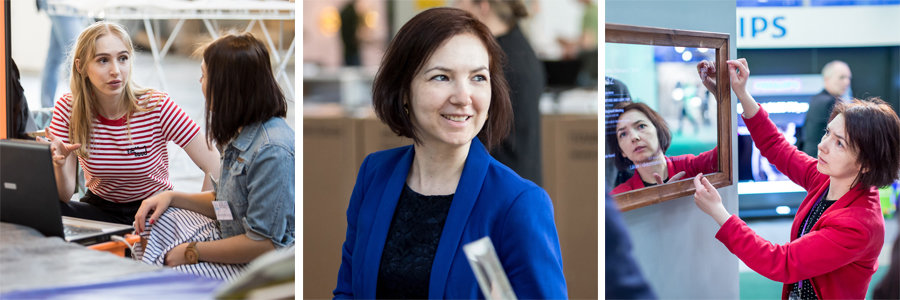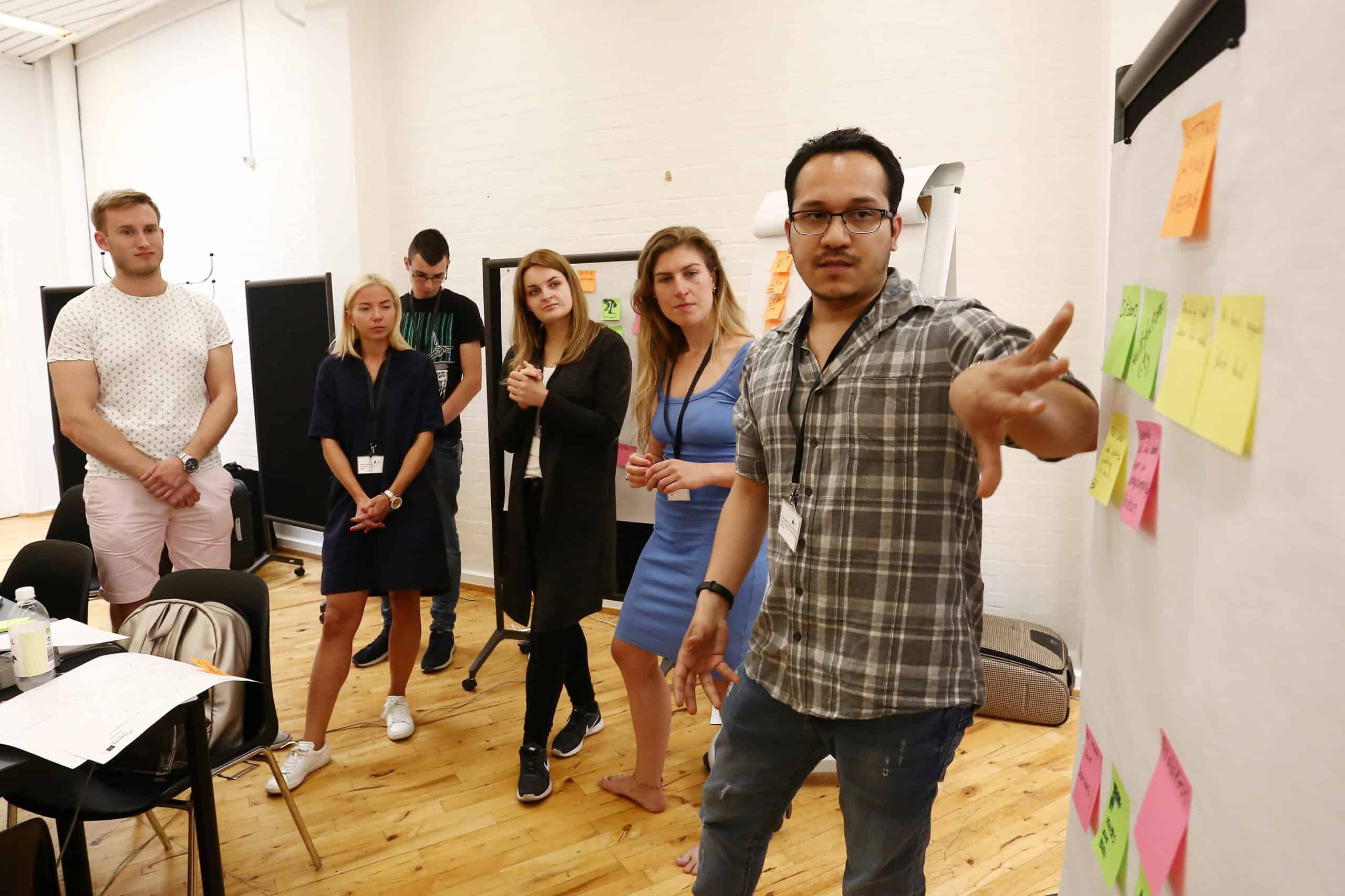Beata Fabisiak, project manager of the Interreg BaltSe@nioR and BaltSe@nioR 2.0 projects, explains how empowering young people brings multiple benefits: from driving economy to responding to major societal challenges. BaltSe@nioR and BaltSe@nioR 2.0 are great examples how young Europeans from different countries around the Baltic Sea can learn from each other to design a better future for Europe and its citizens.

@ Jakub Wittchen
Decreased comfort of life among seniors
Beata Fabisiak: Almost 20% of the EU population is 65 years old or more, and this ratio is increasing, posing an enormous challenge for economies and governments. The situation is similar in countries around the Baltic Sea. People live longer but not all live comfortable: for example, the percentage of seniors living alone who do not have kitchen furniture adapted to their needs ranges from over 50% in Poland and Germany to around 35% in Sweden, the BaltSe@nioR study says. Many senior citizens across the region experience decreased comfort of life and independence at home.
One reason behind it is that the furniture industry fails to offer suitable products for seniors. Designers and entrepreneurs lack knowledge of the seniors’ needs and expectations, and therefore miss the opportunity to produce furniture tailored to the requirements of this rapidly growing segment of customers.
The future in the hands of young generation
But what if the young generation of designers, wood engineers and furniture manufacturers started to work with experts in social and medical sciences to learn about the aging process in order to understand seniors better? And what if, together with ICT engineers, they used this knowledge to design smart furniture that increases the seniors’ comfort and safety at home?
In BaltSe@nioR, we have empowered students from countries around the Baltic Sea to enter the market with new knowledge, proven creative design methods and the vision how to turn the evolving European demographic structure into a business opportunity.
We offered an inspirational knowledge database on seniors as customers. Our Virtual Library is a one-stop shop that compiles research results, manuals, publications and tools. We used this knowledge at design workshops when we teamed up young professionals and students with companies and researchers from design, wood technology, robotics and ICT sectors to test design methods, i.e. IDEO design thinking, Giga mapping.

Innovation Camp in Denmark 2018 © Dainius Vytas
From knowledge to practice
These young professionals, equipped with knowledge and collaboration skills, work across the disciplines to develop novel concepts of furniture. The most remarkable ones integrate smart IT solutions that increase the seniors’ safety, like a mobile robot with a fall detection system or a ReAble chair with sensors to support remote rehabilitation monitoring.
All in all, we have educated 400 students and young professionals from Denmark, Estonia, Finland, Germany, Latvia, Lithuania, Poland, Norway and Sweden about seniors as customers. We taught them how to find creative solutions to design challenges of the modern world. These methods are now part of the educational processes at partner universities in Estonia, Latvia and Poland.
With support of 40 enterprises as well as researchers, inspired young professionals created 17 furniture prototypes ready to enter the market, proving that cross-disciplinary knowledge about seniors combined with creative design methods can drive businesses in the region.
Sharing eye-opening knowledge on seniors and placing the seniors’ needs in business focus is our durable impact upon industries. Young professionals can design better and smarter now. As entrepreneurs, they gain a competitive edge while providing seniors with safer homes in the Baltic Sea region and beyond.
Dream big with Interreg
In fact, Interreg funding allows us to dream of more: in the BaltSe@nioR 2.0 project, with companies, universities, public administrations and NGOs, we also dream of turning public spaces, like theatres or parks, into age-friendly areas where seniors would feel well taken care of and where they could interact with younger generations freely.
By Beata Fabisiak, Project Officer of BaltSe@nioR and BaltSe@nioR 2.0, Poznań University of Life Sciences, with support of Anna Gałyga, Communication Officer, Managing Authority/Joint Secretariat of Interreg Baltic Sea Region






